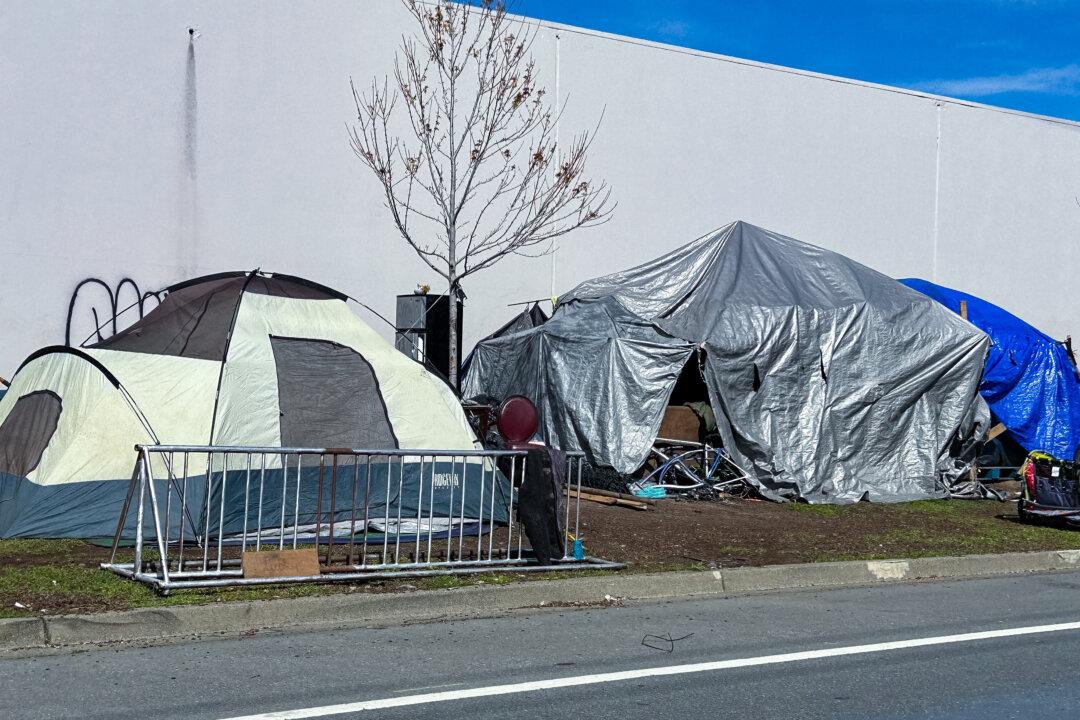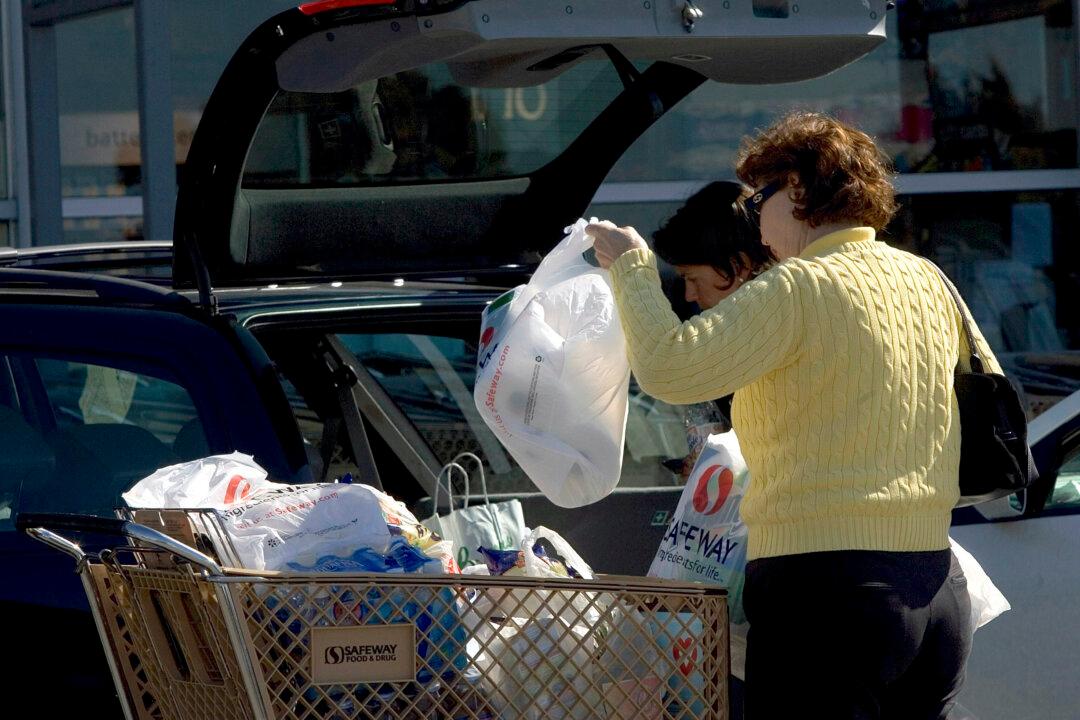The city council of San Rafael in Marin County, California, voted unanimously in a public hearing that ran late into Monday night, April 15, to approve a more relaxed version of its ordinance dealing with homeless camps and where they are allowed.
The ordinance was originally approved by the council in July 2023 to help curb violence, crime, fires, and littering at an encampment dubbed “Camp Integrity” in the Mahon Creek area near James B. Davidson Middle School.





